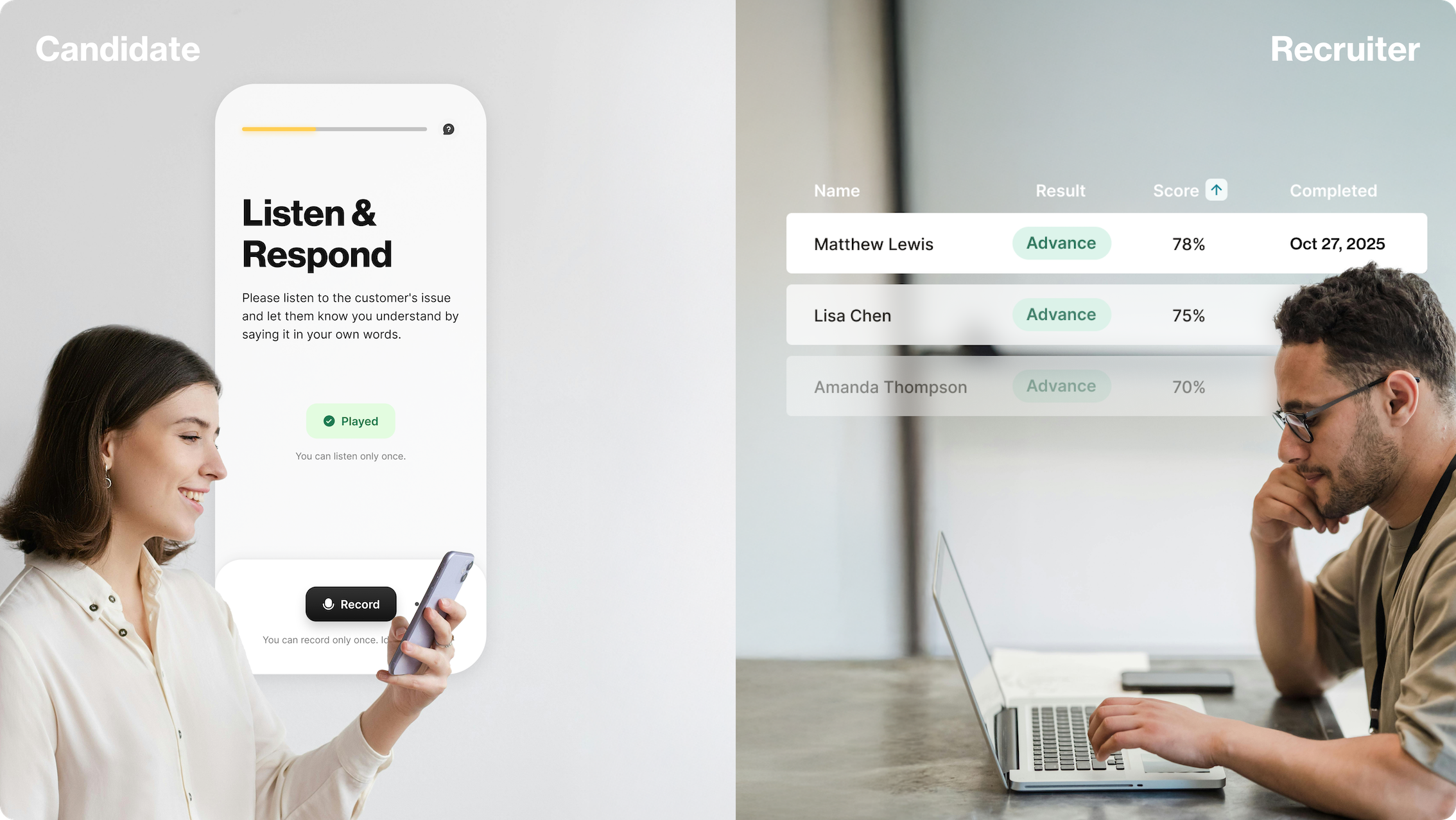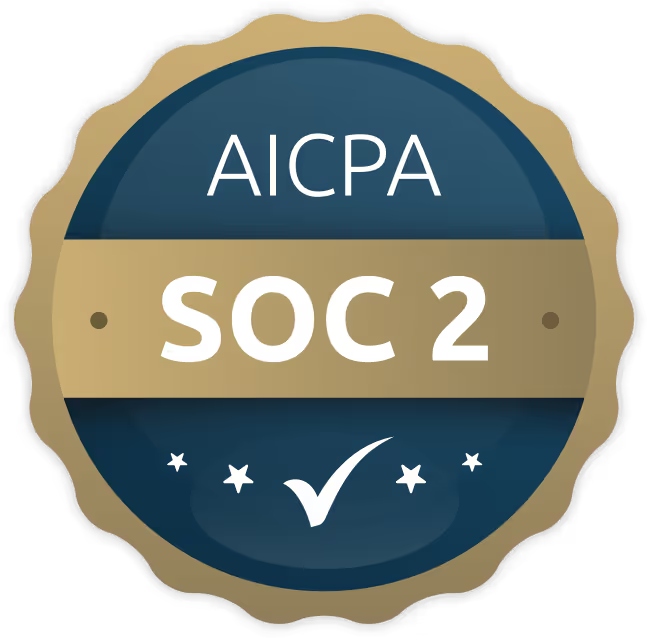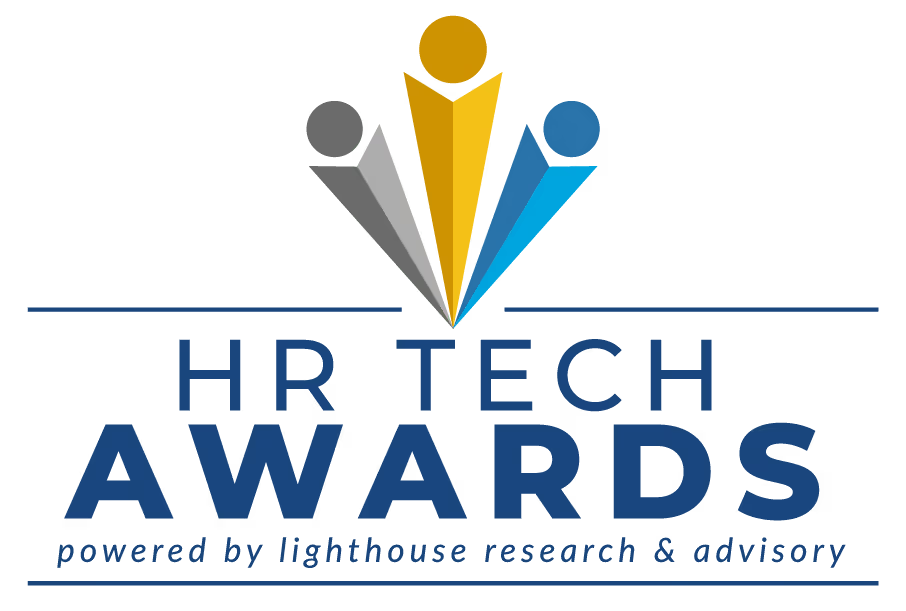
With 12,600 Google news results, many of which are just hours old, you must have read about the skills-based hiring phenomenon. The trouble is that for all the headlines, Harvard and the Burning Glass Institute reported that large enterprises touting the phrase aren’t actually putting their money where their mouth is. While HBR recommends these steps to help companies hop on the trend, new technologies are emerging making skills-based hiring more accessible to companies and organizations than ever before.
And more and more companies do want to embrace skills-based hiring for good reason. Beyond trending, it offers substantial benefits to companies and candidates, if they can find the right technology to make it work. Foundit CEO Sekhar Garisa, formerly of Monster, explains:
“The shift to skill-based hiring in recent years has been pivotal in creating a more dynamic and inclusive workforce. Companies are increasingly adopting this approach, widening the talent pool while ensuring they hire candidates well-suited to specific job requirements. This rise in skill-based hiring will undoubtedly lead to more equitable opportunities for job seekers: if you have the right skills, you will find a job. For instance, last year, 72 percent of companies valued a candidate's adaptability and commitment to continuous learning over their degree and experience. This year, that number has risen to 81 percent. As organisations embrace this change, selecting the right approach to skill assessment and choosing the appropriate tools will be key to making informed hiring decisions.”
Here to help surface the right tools for the job, we’ve scoured the headlines and found 5 companies developing real skills-based hiring technology and putting it to work in the real world. Spoiler alert, we’re proud to put ourselves on this list!
Phenom Skills Taxonomies Support Internal Career Development
Phenom creates a skills-based hiring tool to help employers pre and post-hiring. Companies can build skills taxonomies fast to help create clear career pathways. Employees understand how their career can develop and AI does the bulk of the work to create the skill mapping.

Switzerland-based Kuehne+Nagel, a shipping logistics company, uses Phenom to help employees determine new career and learning opportunities. The Career Explorer’s AI makes recommendations based on employee profiles and preferences. Implementing these changes has driven results for the company like an “increase in the number of internal placements, a boost in employee engagement and retention” and a reduction in time to fill.
Mavric Skills-Based Hiring Lets Candidates “Swipe-Right” on Employers
With a matching process similar to Tinder, Mavric is a tech company dedicated to skills-based tech hiring. It has built a marketplace for tech companies that are hiring, and tech candidates that are seeking to be hired. The Mavric marketplace uses TalentEdgeAI, makers of AI-driven recruitment solutions, to match candidates to positions using skills-based hiring techniques. The matching process happens as both sides swipe to make their selection. The candidate remains anonymous while being matched based on their skills.

The candidate also gets a much more streamlined application process, which is important considering up to 70% of qualified candidates drop out during the hiring process because it can be so tedious. Mavric explains that younger generations just don’t have the same patience for conventional application platforms and processes so they wanted to take the stress out of the application process by gamifying it.
HiringBranch Brings Skills-Based Hiring Assessments to Contact Centers
In the last year, India saw a 50% increase in AI and machine-learning skill assessments, and that’s because they are a powerful tool for hiring. Skill assessments can measure hard and soft skills separately or together. Soft skill assessments evaluate and verify “a person’s interpersonal and communication abilities, like active listening, decision-making, problem-solving, and empathy,” rather than degrees, experience, or physical appearance.
HiringBranch collected data on more than 5000 skills-hired candidates who took its skills assessment in 16 countries to determine the performance results. These were the stunning conclusions:
- Hiring teams who used the unique “recipes” of soft skills as their hiring threshold improved CSAT scores, sales, and more.
- Candidates who scored highly in their skills assessment churned less than the bottom performers. That means that employers can lower attrition rates by using a skills-based assessment.
- One organization saw a 400% reduction in bad hire rates just by using the recommendations of their soft skills assessment, representing millions of dollars in savings.
Candidates respond to a job-relevant scenario and the HiringBranch AI reads their soft skills as they speak or write in real time. As candidates complete the assessment recruiters get a dashboard of who to hire and who not to hire based on skills only:

Employers from large contact centers are getting great hiring results with the HiringBranch Soft Skills AI. What’s more is at least 63% of candidates reported that they think relevant assessments add value to the hiring process because they can better demonstrate their competencies.
Hirevue Helps Candidates Build Long-Term Careers with Skills-Based Hiring

Hirevue takes job matching to the next level by allowing candidates to find roles that are more like a long-term career. They are especially interested in helping match those who are often overlooked for certain positions.
The company’s “Find My Fit” product helps companies match with applicants based on their interests and skills. Spectrum, a leading connectivity provider, uses the Find My Fit product to help women access field technician roles for example, and has found it more effective than the selection methods they were previously using.
Since using Hirevue’s skills-based job matching they have increased candidate gender diversity by 100%! In the process, they reduced the number of applicant withdrawals significantly.
Clu Shines a Light on the Skills of the Disabled Community
With an aging population and an increase in mental health conditions being diagnosed, the number of marginalized disabled people is on the rise. Despite the fact that this segment is under-tapped worldwide amongst a global labour shortage, disabled people are highly-skilled. There are more than 5 Million disabled people employed in the UK right now demonstrating the value of connecting this community to meaningful employment.
Clu CEO and Co-Founder, James Williams, is also the Co-Founder of ParaPride, a charity for disabled LGBTQ+ seeking to create greater inclusion and workplace equity. He thinks skills-based hiring will help. He shares advice like making job applications accessible to those with disabilities, creating adaptable working environments and conditions, as well as only listing essential skills in job postings. He also advocates for hiring equity with Clu’s skills-based hiring platform, loudly stating that 90% of qualified applicants get overlooked. Clu is helping overlooked communities get a position based on their skills, and they even offer a “CLU’d Up Employer” verification badge for customers using their platform and employment partners like Walking with the Wounded.

We Have the Tools to Embrace Skills-Based Hiring
These skills-based hiring technology leaders are allowing companies to reap the aforementioned benefits, and they have the data to prove it. This roundup provides hiring teams with an idea of what tools they can reliably use to get in on the rewards of skills-based hiring too.
Image Credits
Feature Image: Unsplash/Markus Spiske
All screenshots taken by author. August 2024.
Image 1: Via Phenom
Image 2: Via Mavric
Image 3: Via HiringBranch
Image 4: Via HireVue
Image 5: Via Clu






































.jpg)

.jpg)


























.jpg)




.png)
.png)



































.webp)





.svg)